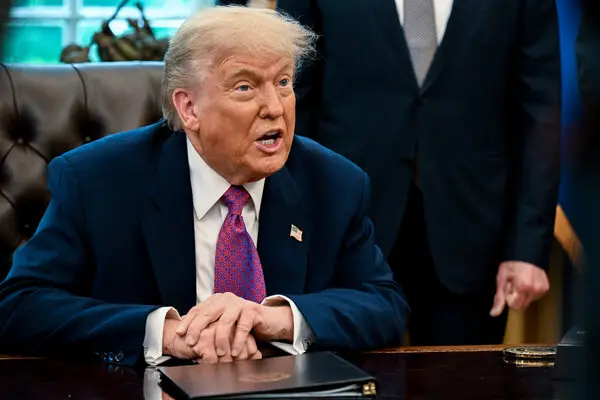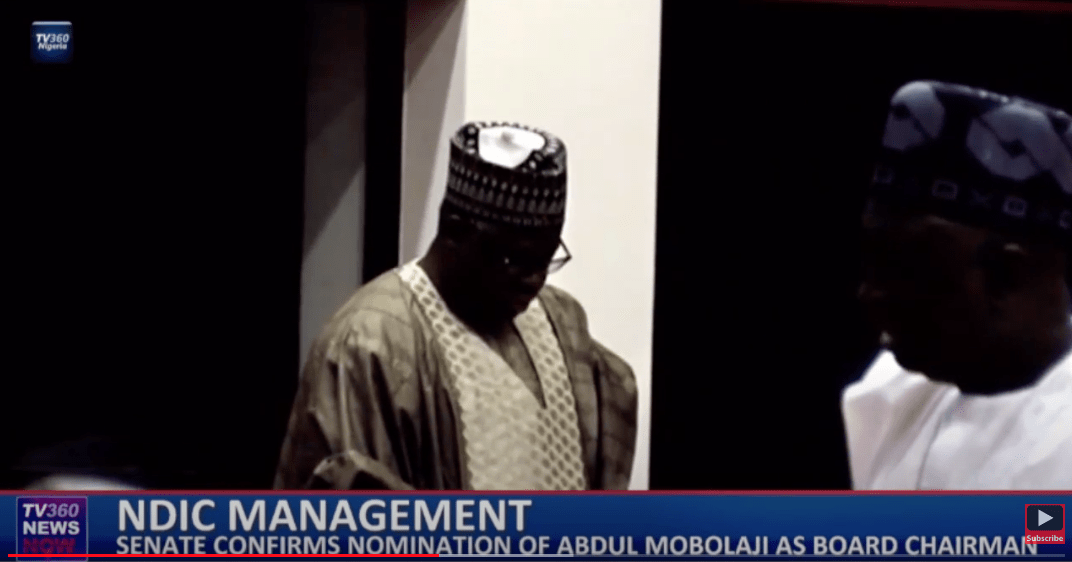Trump Considers Joining Strikes on Iran Amid Escalating Middle East Tensions

U.S. President Donald Trump is reportedly weighing the possibility of joining Israel’s military strikes against Iran’s nuclear facilities as the conflict between the two nations enters its sixth day, with tensions intensifying across the region.
According to multiple sources cited by CBS News, American forces could potentially target the underground nuclear site at Fordo using advanced weaponry.
On Tuesday, Trump convened with his national security team to discuss possible next steps, signaling a shift toward a more aggressive posture despite his earlier calls for diplomatic solutions.
Since Friday, Israel and Iran have exchanged deadly attacks, fueling fears of a wider regional conflict. Analysts note that Trump’s recent rhetoric—marked by demands for Iran’s “unconditional surrender” and direct threats against Supreme Leader Ayatollah Ali Khamenei—suggests a readiness to support Israel militarily, even as he once advocated for de-escalation.
Trump’s frustration stems from stalled efforts to negotiate a new nuclear deal after withdrawing from the 2015 Iran nuclear agreement during his first term.
He has increasingly expressed skepticism about diplomacy, notably stating during his return from the G7 summit that he was “not too much in the mood to negotiate with Iran.”
In a social media post, Trump warned Khamenei: “He is an easy target, but is safe there… We are not going to take him out (kill!), at least not for now. But we don’t want missiles shot at civilians, or American soldiers. Our patience is wearing thin.” Another terse message demanded “UNCONDITIONAL SURRENDER!”
Responding on Wednesday, Iran’s Supreme Leader firmly rejected the threats, asserting, “Any form of US military intervention will undoubtedly be met with irreparable harm… Wise people who know Iran, its people, and its history never speak to this nation in the language of threats, because Iranians are not those who surrender.”
The US insists that Iran must halt uranium enrichment to prevent the development of nuclear weapons, while Tehran maintains its program is for peaceful purposes. Trump’s hardening stance contrasts with his earlier diplomatic efforts to secure a new deal, which have so far failed.
Experts highlight the gravity of the moment. Israeli foreign policy analyst Professor Amnon Aran told BBC Radio 5 Live that the US is “definitely the closest we have been” to entering the conflict militarily since it began.
Meanwhile, former Israeli ambassador Michael Oren suggested Trump might feel compelled to intervene if Iran were to attack American forces but also cautioned that Tehran might provoke such an incident to pressure Israel into ceasefire talks.
Trump’s own statements remain ambiguous. Upon returning from the G7 summit, he emphasized his desire for “an end, a real end, not a ceasefire,” yet his earlier participation in a Western alliance call for de-escalation left observers uncertain about his next move.
As the crisis unfolds, the world watches closely whether the US will escalate its involvement or seek a diplomatic path forward in one of the most volatile conflicts of recent years.





